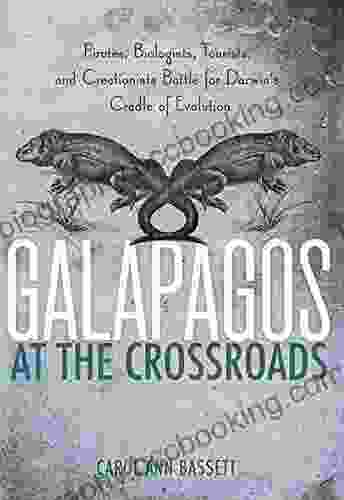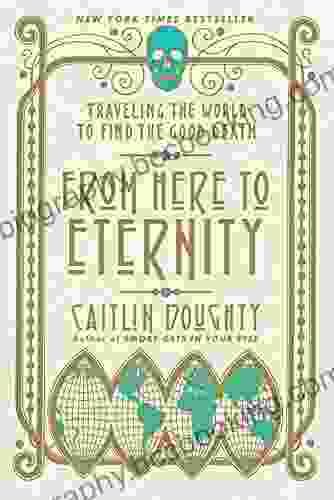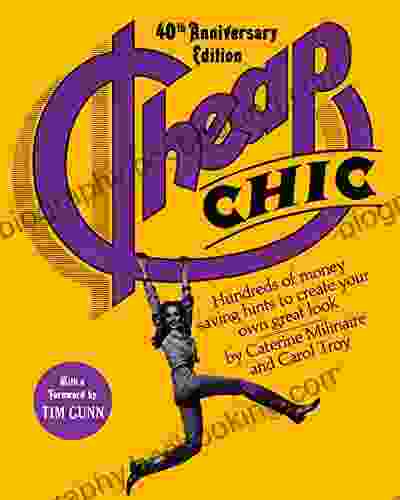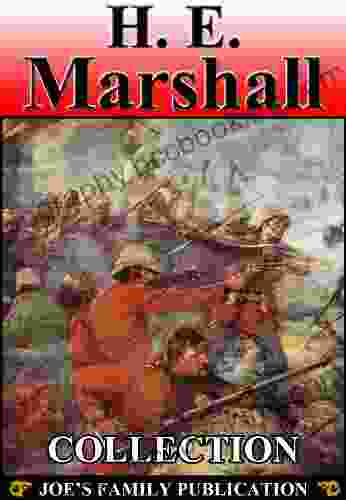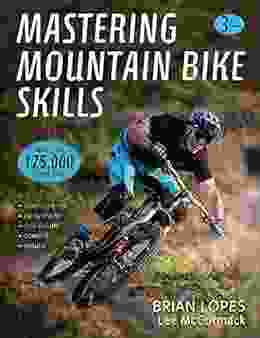Pirates, Biologists, Tourists, and Creationists: The Battle for Darwin's Cradle

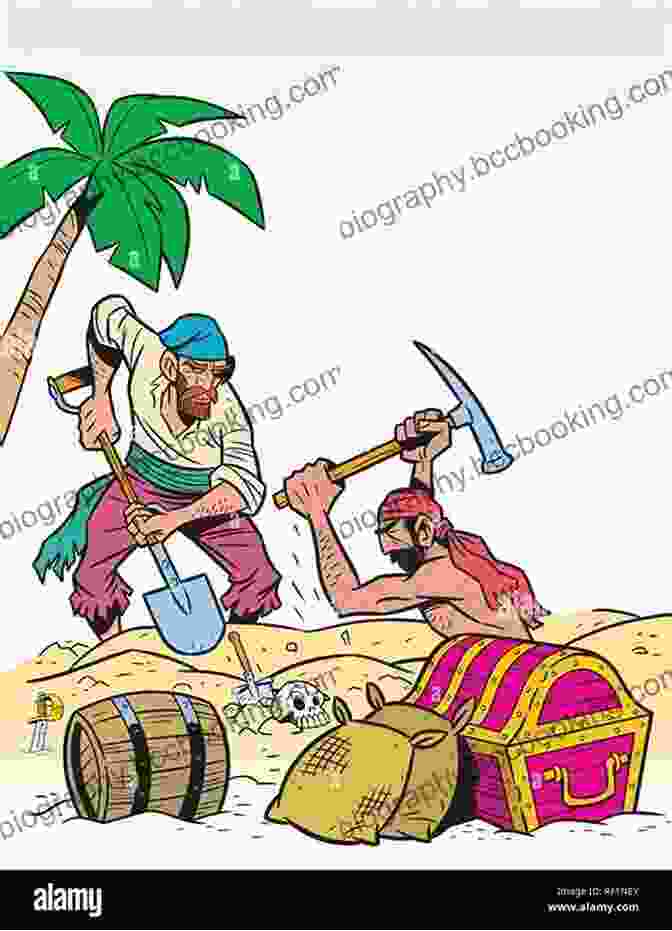
In the heart of the Galápagos Islands, a battle is being waged over the legacy of Charles Darwin. Pirates, biologists, tourists, and creationists are all vying for control of Darwin's Cradle, a group of islands that inspired the theory of evolution.
The Galápagos Islands are a unique archipelago located in the Pacific Ocean, about 600 miles west of Ecuador. The islands are home to a diverse array of plant and animal life, including many species that are found nowhere else on Earth. Darwin visited the Galápagos in 1835, and his observations of the islands' unique flora and fauna helped to shape his theory of evolution by natural selection.
4.2 out of 5
| Language | : | English |
| File size | : | 912 KB |
| Text-to-Speech | : | Enabled |
| Screen Reader | : | Supported |
| Enhanced typesetting | : | Enabled |
| Word Wise | : | Enabled |
| Print length | : | 304 pages |
| Lending | : | Enabled |
Since Darwin's time, the Galápagos Islands have become a popular destination for scientists, tourists, and creationists. Scientists come to the islands to study the unique flora and fauna, while tourists come to see the islands' stunning beauty and to learn about Darwin's theory of evolution. Creationists come to the islands to challenge Darwin's theory and to promote the idea that the Earth was created by God.
The Pirates

The first visitors to the Galápagos Islands were pirates. In the 16th and 17th centuries, Spanish pirates used the islands as a hideout and a base for raiding Spanish ships. The pirates were also known to hunt the islands' giant tortoises for food.
In 1684, the pirate Edward Davis visited the Galápagos Islands. Davis's crew spent several months on the islands, hunting tortoises and collecting wood and water. Davis also left behind a number of inscriptions on the rocks of the islands, including one that reads, "Edward Davis was here in 1684." This inscription is one of the earliest records of human activity in the Galápagos Islands.
The Biologists
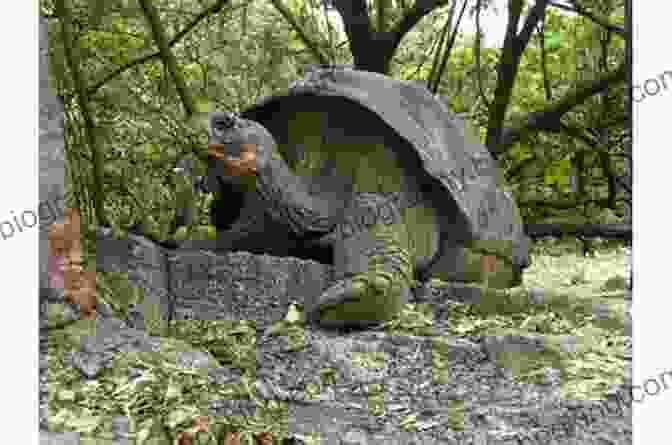
The first scientists to visit the Galápagos Islands were naturalists. In the 18th and 19th centuries, scientists such as Alexander von Humboldt and Charles Darwin visited the islands to study the unique flora and fauna. Darwin's visit to the Galápagos in 1835 was a turning point in his career. Darwin's observations of the islands' unique flora and fauna helped to shape his theory of evolution by natural selection.
Since Darwin's time, the Galápagos Islands have become a popular destination for biologists. Scientists come to the islands to study the unique flora and fauna, and to learn more about the evolution of life on Earth.
The Tourists
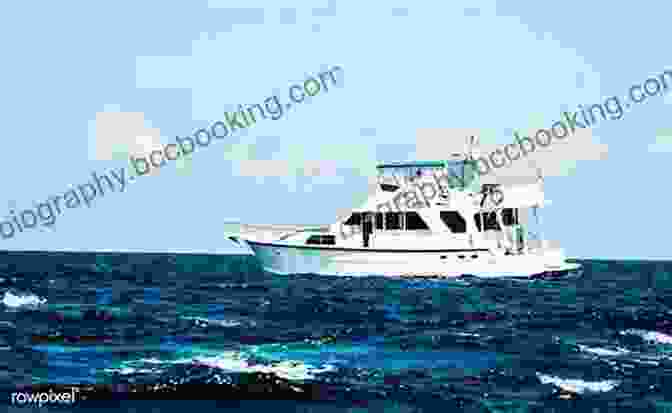
The Galápagos Islands are a popular destination for tourists. Tourists come to the islands to see the islands' stunning beauty and to learn about Darwin's theory of evolution. The islands are home to a variety of wildlife, including giant tortoises, marine iguanas, and sea lions. Tourists can also visit the Charles Darwin Research Station, which is dedicated to the study of the islands' unique flora and fauna.
The tourism industry in the Galápagos Islands is growing rapidly. In 2019, over 250,000 tourists visited the islands. The tourism industry has a positive impact on the local economy, but it also poses a number of challenges, such as pollution and overcrowding.
The Creationists
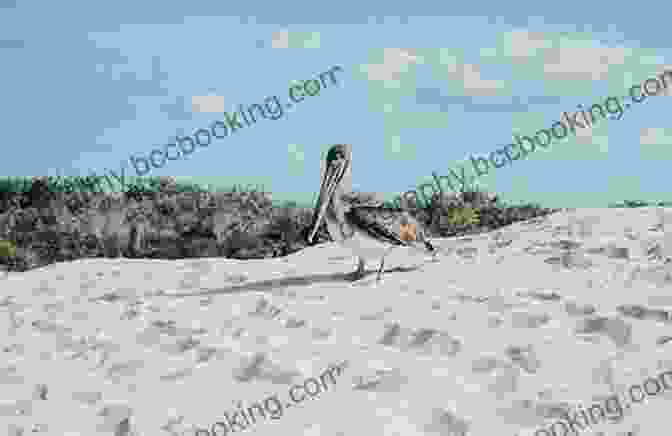
Creationists are a group of people who believe that the Earth was created by God. Creationists reject the theory of evolution and argue that the Earth is only a few thousand years old. Creationists have been visiting the Galápagos Islands since the early 1900s.
Creationists come to the Galápagos Islands to challenge Darwin's theory of evolution and to promote the idea that the Earth was created by God. Creationists often lead tours of the islands and give lectures on the creationist view of the world.
The Battle for Darwin's Cradle

The battle for Darwin's Cradle is a complex and ongoing conflict. The four groups involved in the battle have very different views on the origins of life on Earth. Pirates, biologists, tourists, and creationists all want to control the Galápagos Islands, and each group has its own reasons for ng so.
The pirates want to control the Galápagos Islands because they see the islands as a valuable source of treasure. The biologists want to control the Galápagos Islands because they see the islands as a unique and valuable scientific resource. The tourists want to control the Galápagos Islands because they see the islands as a beautiful and inspiring place to visit. The creationists want to control the Galápagos Islands because they see the islands as a place to promote their religious beliefs.
The battle for Darwin's Cradle is a battle over the legacy of Charles Darwin and the theory of evolution. The outcome of the battle will determine the future of the Galápagos Islands and the way that we think about the origins of life on Earth.
4.2 out of 5
| Language | : | English |
| File size | : | 912 KB |
| Text-to-Speech | : | Enabled |
| Screen Reader | : | Supported |
| Enhanced typesetting | : | Enabled |
| Word Wise | : | Enabled |
| Print length | : | 304 pages |
| Lending | : | Enabled |
Do you want to contribute by writing guest posts on this blog?
Please contact us and send us a resume of previous articles that you have written.
 Book
Book Novel
Novel Page
Page Chapter
Chapter Text
Text Story
Story Genre
Genre Reader
Reader Library
Library Paperback
Paperback E-book
E-book Magazine
Magazine Newspaper
Newspaper Paragraph
Paragraph Sentence
Sentence Bookmark
Bookmark Shelf
Shelf Glossary
Glossary Bibliography
Bibliography Foreword
Foreword Preface
Preface Synopsis
Synopsis Annotation
Annotation Footnote
Footnote Manuscript
Manuscript Scroll
Scroll Codex
Codex Tome
Tome Bestseller
Bestseller Classics
Classics Library card
Library card Narrative
Narrative Biography
Biography Autobiography
Autobiography Memoir
Memoir Reference
Reference Encyclopedia
Encyclopedia Carolyn Morrow Long
Carolyn Morrow Long Carmelita Ballesteros
Carmelita Ballesteros Carol A Dahir
Carol A Dahir Carrie Harper
Carrie Harper Cassandra Johnson
Cassandra Johnson Bruce Johnson
Bruce Johnson Carl Johan Calleman
Carl Johan Calleman Bruce Dowbiggin
Bruce Dowbiggin Bryan Greetham
Bryan Greetham Brett Lemos
Brett Lemos Candice Millard
Candice Millard Brian Daccord
Brian Daccord Brian Romanchuk
Brian Romanchuk Carmen Sheldon
Carmen Sheldon Buck Tilton
Buck Tilton Brooks Headley
Brooks Headley Carolyn Land Williams
Carolyn Land Williams Carol E Williams
Carol E Williams Carol Felsenthal
Carol Felsenthal Brian Klaas
Brian Klaas
Light bulbAdvertise smarter! Our strategic ad space ensures maximum exposure. Reserve your spot today!
 Aaron BrooksFollow ·15.9k
Aaron BrooksFollow ·15.9k Dennis HayesFollow ·19.9k
Dennis HayesFollow ·19.9k Gabriel Garcia MarquezFollow ·3.4k
Gabriel Garcia MarquezFollow ·3.4k Dallas TurnerFollow ·8.7k
Dallas TurnerFollow ·8.7k Yukio MishimaFollow ·16k
Yukio MishimaFollow ·16k Everett BellFollow ·15.2k
Everett BellFollow ·15.2k Craig CarterFollow ·18.9k
Craig CarterFollow ·18.9k Harry HayesFollow ·9.6k
Harry HayesFollow ·9.6k

 Andy Hayes
Andy HayesUnveil the Rich Tapestry of Rural Life: Immerse Yourself...
Step into the enchanting pages of "Still...

 David Mitchell
David MitchellUnlocking the Depths of Cybersecurity: An In-Depth Look...
In the ever-evolving landscape of...

 Seth Hayes
Seth HayesUnlock the Secrets of Watercolor Landscapes: 37 Tools for...
Embark on a...

 Tyler Nelson
Tyler Nelson15 Insightful Answers to Questions on Uterine Fibroid
Uterine fibroids...
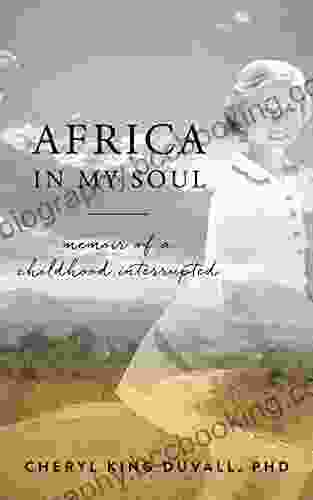
 Evan Hayes
Evan HayesAfrica In My Soul: A Literary Odyssey That Captivates the...
In a world where diverse cultures...
4.2 out of 5
| Language | : | English |
| File size | : | 912 KB |
| Text-to-Speech | : | Enabled |
| Screen Reader | : | Supported |
| Enhanced typesetting | : | Enabled |
| Word Wise | : | Enabled |
| Print length | : | 304 pages |
| Lending | : | Enabled |


